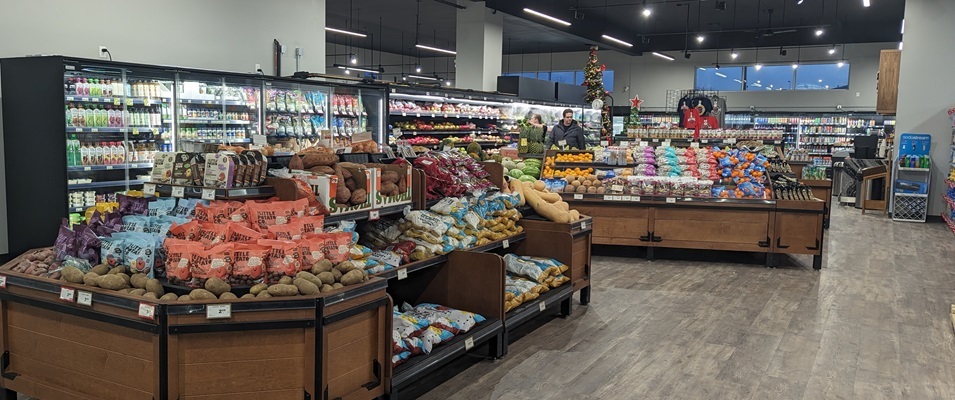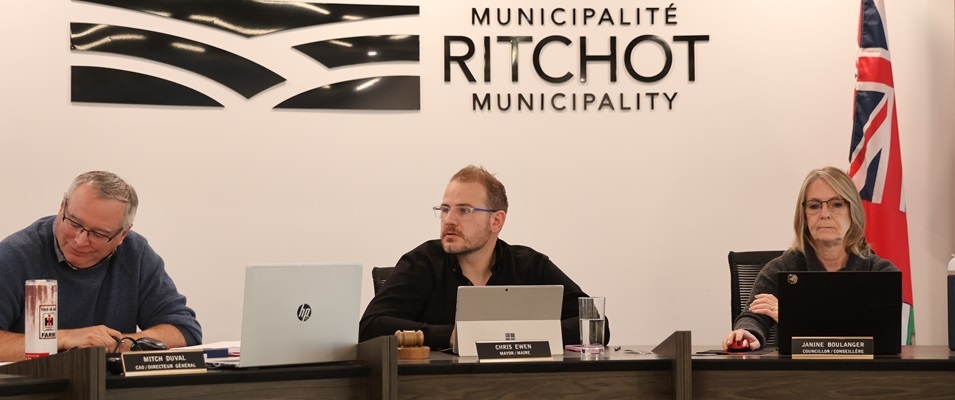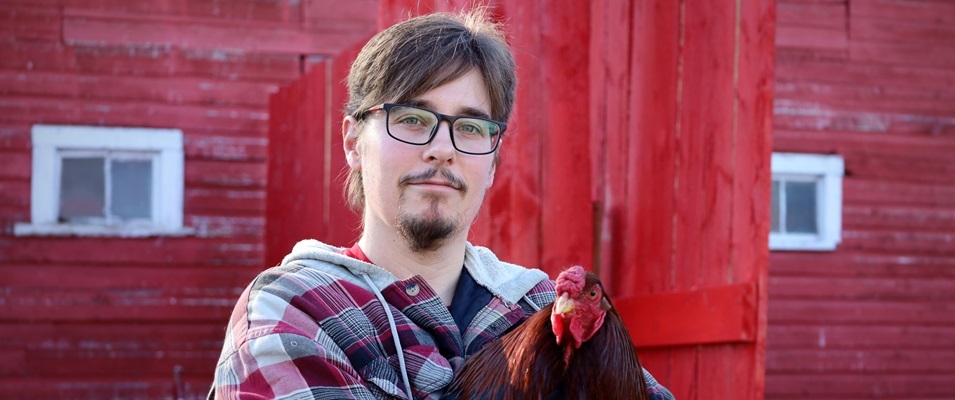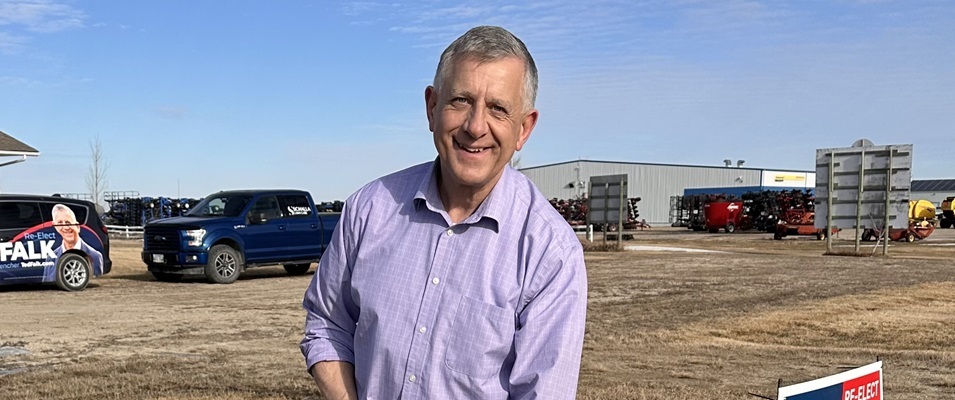
After months of threats by the American president to impose tariffs on Canadian goods, and an executive official order given on February 1, the plan ended up being paused just hours prior to implementation earlier this week.
The 30-day hold on tariffs are the result of last-minute negotiations between leaders Prime Minister Justin Trudeau and President Donald Trump, including some new spending by Canada to beef up border security.
Also on hold are retaliative threats from a number of Canadian provinces, such as calls for bans on the sale of American alcohol.
Premier Wab Kinew’s directive to remove American alcohol would have affected Manitoba Liquor and Lotteries (MBLL) outlets.
“Trump’s tariff tax is an attack on Canadians,” said Kinew in a February 2 press release. “We support the federal response to these tariffs, and here in Manitoba we’re stopping the sale of American products at Manitoba Liquor Marts. How you choose to spend your money is one of the most important decisions you as a consumer can make. There are plenty of great Manitoba breweries and distilleries to support instead.”
When push comes to shove, one has to wonder whether Canadians will choose to shop local if and when tariffs are introduced.
As a matter of principle, many residents say they’ve been attempting to buy local for quite some time.
“I might not be able to go 100 percent Canadian due to price and availability, but I have been making small changes where possible,” says one anonymous resident. “My hope is that this is the catalyst for getting in the habit of checking labels rather than grabbing the same thing from the shelf as usual.”
Larry Niebel agrees.
“I find it interesting listening to people now talking about supporting Canada,” Niebel says. “Where have they been for the last 20 years? Wake up, Canada.”
According to Jason Reimer, buying local has far-reaching benefits, more than many seem to realize.
“I will make every effort to buy Canadian,” says Reimer. “The more we buy from Canadian companies, it could lead these companies to expand. This will [mean] companies looking for employees.”
However, St. Adolphe resident Laura Chevrefils says that there’s more to consider when it comes to our spending habits. It’s not just about fighting back against our U.S. neighbours.
“To be honest, I’m still going to support Canadian and American wherever I can afford to,” Chevrefils says. “I would rather support our labour and environmental standards and not have it shipped from across the world just to turn around and pay a ridiculous amount of carbon tax to save a planet that we are killing with our dependence on overseas cheap goods.”
For people like Stephanie Hrymak, though, there’s some doubt that principle will ultimately triumph over price.
“The other day when the storm happened, I asked why people risk their lives driving to the city in dangerous and life-threatening conditions,” Hrymak says. “I got a response that there are a lot of people who live day by day with what they earn and can’t afford to lose one day even if they have to put their life in danger. So for an enormous amount of people, they will continue buying what they can afford.”
If Canadian stores were to put more emphasis on reducing prices, she adds, more Canadians would support them on an everyday basis, not just in a crisis.
“It’s not a mystery that they have inflated the prices way beyond [what’s necessary], without a big reason,” Hrymak says. “All is politics and greed. I wish these groceries stores would start to be true Canadians and do what is fair finally.”
Edward Krahn says choosing local products is always a good idea, but it may not be as easy as we think.
“The government needs to pass a Truth in Labelling Act to ensure the source [of goods],” Krahn says. “Heinz uses a very interesting label, ‘prepared for Heinz Canada Inc.’ Now what does that really mean? China can produce a car, add a block heater, and say ‘prepared for Canada.’”
Diane Grollè is quick to admit that making a swift change to buying Canadian won’t be easy, but it’s worth it.
“We are cancelling Netflix, Prime, and Disney and will download Gem and subscribe to other non-American streaming services,” Grollè says. “We cancelled a cruise that we had booked and are looking for places to visit in Canada instead. The Amazon truck was at our place at least once a week, but I will no longer order things online. If I can’t find them locally, I will do without.”
For Grollè, even her traditional grocery shopping habits are changing. Instead of ordering online for quick pickup, she’ll be shopping in store in order to check the labels on the items she buys.
“This will take a while, but we are going to try our best,” she says. “I know it’s hard with prices the way they are, but it’s important for us to take a stand. Maybe we will just buy less.”
At the same time, Grollè empathizes with families who get by on a really tight budget and may not be able to afford to make drastic changes in their habits. She was there once too, she says.




















